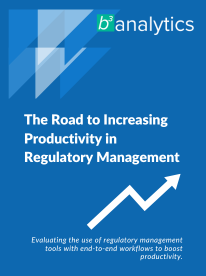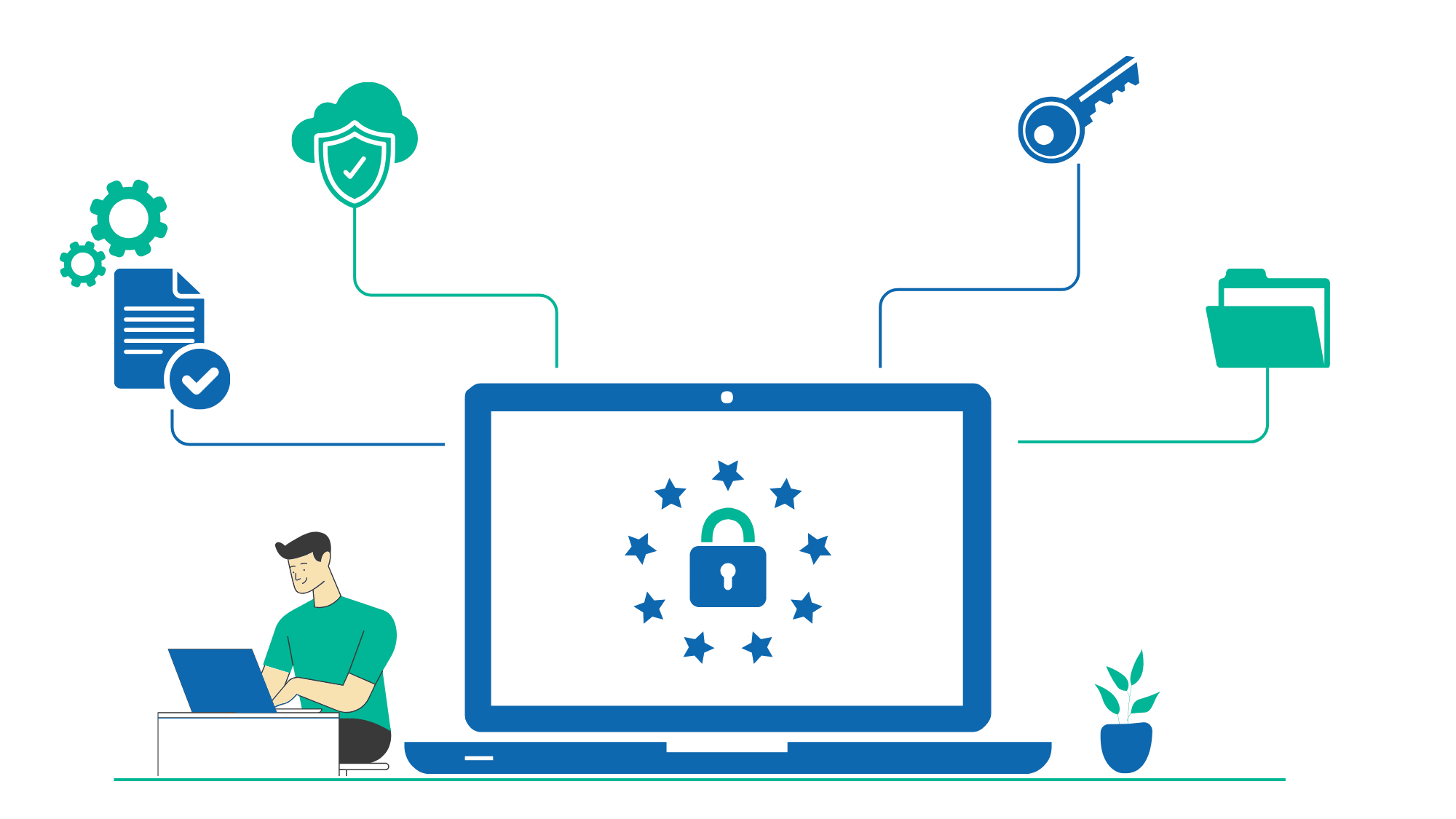
Technologies are generating transformational changes across all industries. Organizations are embracing new ways of working in order to increase efficiency and value creation. These changes are creating an environment supporting employees’ long-term goals and exploiting their collective creativity to make deep-rooted economic values.
Auditing is also being influenced by technological advancements, particularly the potential to automate manually intensive operations and processes. RPA, AI/ML, and predictive analytics are among those technologies or approaches that are gaining significant momentum for audit transformation.
We will study why the adoption of digital collaboration is critical in the sense of audit or compliance processes.
What Does Digital Collaboration Provide?
Automated management software provides easy access to collect, trace, analyze, and manage changes to requirements in a secure, central, and accessible location. It improves collaboration, transparency, and traceability while reducing rework, human error and risk and enhancing usability.
In other words, digital collaborations improve project agility and resilience and makes standard and regulatory compliance easier.

Using digital collaboration/communication has significant advantages:
- Collaboration in Real-time: Work in real-time, from any location. Wherever your team members are, they may share information within and between documents.
- Traceability: Maintain a complete record of changes in requirements to respond rapidly to audits. Your team can see what has changed, who made the changes, and when.
- Consistency: Maintain consistency by logically and readily organizing key information in a way your team and stakeholders can comprehend. You can prioritize, risk, status, and category requirements.
Presently, digital audit processes are unique in themselves. Manual tasks that relied on hard files and face-to-face communication now have been replaced by automated, cloud-based solutions.
Many companies have started implementing cloud-based software for their internal audit functions. Those who already use cloud-based audit management or Governance Risk and Compliance (GRC) management software, have enabled collaboration, communication, and productivity while demonstrating the essence of leveraging technology to respond to a dynamic risk environment.
Technology Use: Reimagining Audit or Compliance Processes
Auditors are leveraging technology in their audit strategy to obtain secured access to organizational data and perform data analyses. This improves audit quality, staff utilization and delivers more value to stakeholders of audited entities.
To support and facilitate the various phases of an audit life cycle - from risk assessment to audit planning and execution, reviewing results, and briefing of audit committees - companies (or auditors) are investing in core technologies and approaches. These include intelligent automation using AI/ML, data analytics, optical character recognition, RPA, cloud-based platforms, and other evolving technologies.
A technology-enabled audit process digitizes reams of paperwork, serves as a centralized repository for relevant data, and delivers real-time updates about the audit status enabling auditors to share knowledge and information securely.
Additionally, online auditing is accessible on mobile devices empowering auditors with active functionalities and connectivity. However, in this big data era, data privacy, data regulation, and compliance methodologies demand effective planning to improve connectivity and address these critical issues.
While traditional approaches and long-trusted stand-alone point solutions can solve specific demands, traditional practices are unable to accomplish these jobs efficiently at the speed changes are occurring.
Digital audit technologies and methodologies are evolving rapidly and generating optimism about the transformation capabilities and innovation within the business territory.

Next-generation auditing projects based on the technology could aim to:
- Increase the Focus on Risks to Improve Assurance: Applying a data-driven and continuous approach to accessing how key risks can impact the operations allow auditors to identify and control risks and provide relevant, real-time, and actionable information and inferences to internal and external stakeholders.
- Improving the Efficiency of Internal Auditing: Internal audit will give better efficiency and deeper insights into the risk assurance by adapting and leveraging technologies and data and to enable agile processes and approaches.
- Empowering Audit Operations and Processes with Valuable Insights: When audit operations reveal risks and unintended consequences embedded in longer-term digital transformation and growth initiatives, provide knowledge for decision-making, etc. Consequently, technology-powered auditing assists the organization in making better, faster decisions regarding operations and risk mitigation.
Integrate with BCube Analytics
As a trusted audit and assurance expert partner, BCube Analytics advances the audit experience of corporate, commercial, and public sector auditors. Our flagship product "RegStacker" is a platform that delivers digital services to users via secured SaaS portals. The product simplifies and facilitates the audit and compliance processes by eradicating manual processes and provides frictionless end-to-end workflows for stakeholders or vendors.
Delivering expert solutions along with premium professional services, we assist auditors globally to improve audit productivity when generating strategic insights in the following ways;
- Implementing cutting-edge technologies to build confidence in your audit evidence, and increase efficiency and agility for responding to rapid business changes.
- Connecting critical business systems and stakeholders to optimize the decision-making process and increase organizational performance.
- Help auditors and organizations to avoid decisions based on insufficient, outdated or fragmentary evidence.
- Use integrated analytics to uncover threats and accomplish objective and comprehensive results.
While the digital collaboration tools market is expected to increase to $14 billion by 2024, have you ensured your audit team is leveraging digital auditing products as ? Contact us to enable collaboration between service providers (auditors, consultants, …) and clients and flexibly in-source, out-source, or co-source technology and resources.


